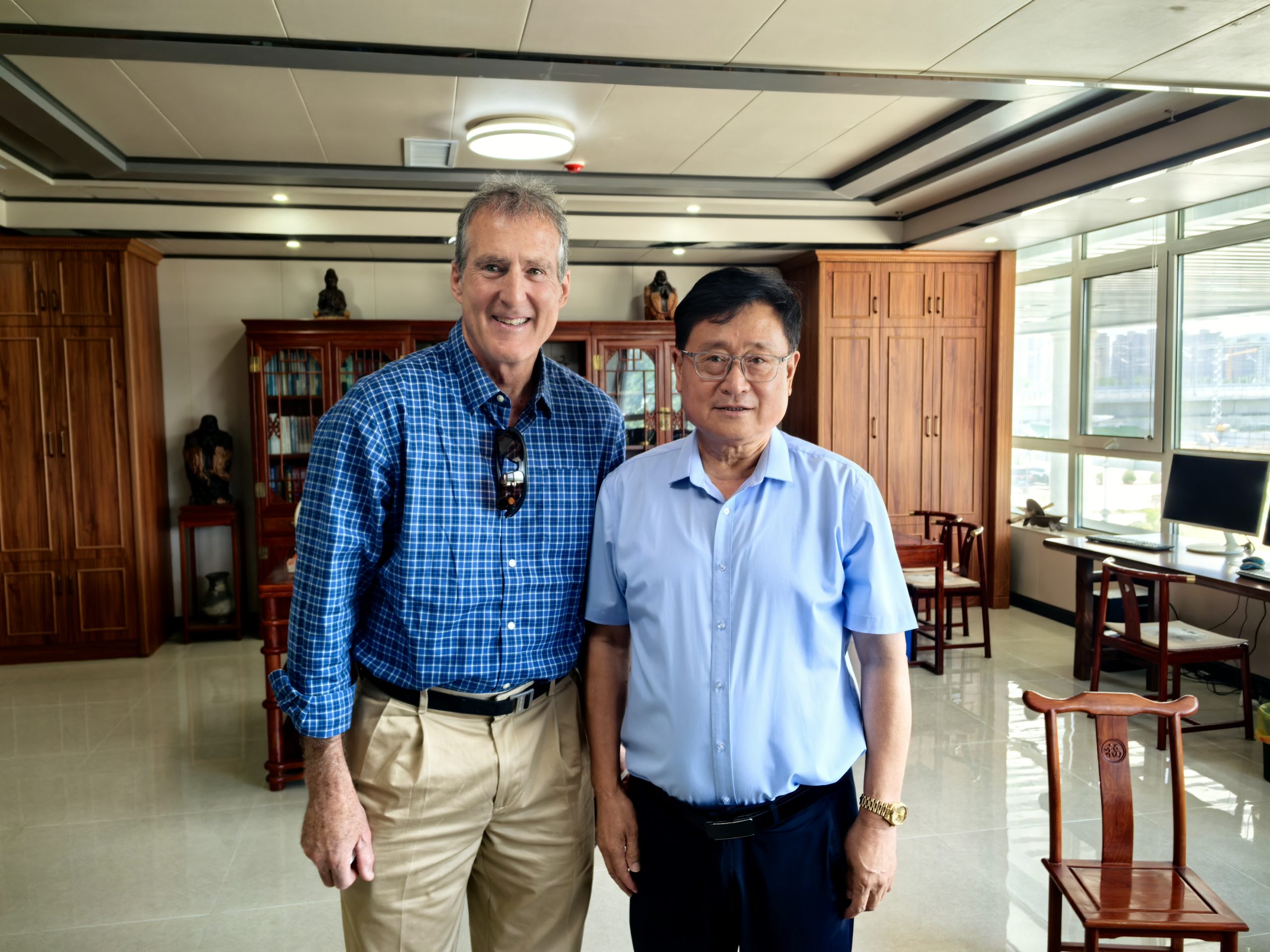
Pancreatic Cancer Death Stories: Real Accounts, Real Impact
2025-06-23
Meta Description:
Explore powerful pancreatic cancer death stories that the emotional journeys, challenges, and legacies of those who fought this devastating disease.
Introduction: Why Pancreatic Cancer Death Stories Matter
Pancreatic cancer is one of the most lethal cancers, often diagnosed late and progressing quickly. Behind every statistic lies a deeply human story — one of struggle, resilience, loss, and remembrance.
This article shares real pancreatic cancer death stories, not to spread fear, but to offer understanding, raise awareness, and give voice to those who fought bravely. These personal accounts can help families, caregivers, and patients find meaning, connection, and support in the face of tragedy.
The Reality Behind the Numbers
-
Pancreatic cancer is the 3rd leading cause of cancer death in many countries.
-
The 5-year survival rate is below 12%, depending on stage and treatment.
-
Most patients are diagnosed at an advanced or metastatic stage, often leaving limited treatment options.
These harsh realities make pancreatic cancer death stories both common and deeply moving.
Real Stories of Lives Lost to Pancreatic Cancer
1. James’s Story: A Father’s Silent Battle
James was a 62-year-old father of three who was diagnosed with stage IV pancreatic cancer after months of unexplained weight loss and back pain. Despite aggressive chemotherapy, the cancer had already spread to his liver. He passed away peacefully at home just six months after diagnosis.
“He never complained,” his daughter shared. “He just wanted to spend whatever time he had left with us.”
His story how late detection remains the biggest challenge in pancreatic cancer.
2. Maria’s Journey: From Diagnosis to Advocacy
Maria, a retired nurse, was diagnosed at 58 and chose to undergo Whipple surgery followed by radiation. She lived for two years post-diagnosis and became a local advocate, raising awareness of early symptoms. Her death was a loss to many, but her legacy lives on.
“She told her story to save others. She gave her time, even when she had so little of it left.”
Maria’s story shows the power of hope, education, and purpose, even in terminal cases.
3. Kevin’s Fight: A Young Life Cut Short
Kevin was just 39 when he was diagnosed. A non-smoker and marathon runner, his diagnosis shocked his family. Despite clinical trials and targeted therapies, the cancer progressed quickly. He died within a year, leaving behind a young daughter.
“He was healthy his whole life. We never imagined this could happen.”
Kevin’s story reminds us that pancreatic cancer can affect anyone, regardless of age or lifestyle.
Common Themes from Pancreatic Cancer Death Stories
After analyzing hundreds of pancreatic cancer stories, these recurring themes emerge:
-
Late Diagnosis: Most patients aren’t diagnosed until Stage III or IV.
-
Decline: Once diagnosed, many patients decline quickly.
-
Family Support: Loved ones play a role in end-of-life care.
-
Emotional Resilience: Patients often show incredible courage in their final months.
-
Legacy and Awareness: Many families turn grief into advocacy or fundraising.
Coping with Loss: For Families and Friends
Losing someone to pancreatic cancer is emotionally devastating. Here are ways to find support:
-
Grief Counseling or Therapy
-
Joining Pancreatic Cancer Support Groups
-
Creating a Memorial or Tribute Page
-
Participating in Fundraisers like PanCAN PurpleStride
Healing begins with sharing stories, connecting with others, and honoring the lives lost.
Why We Must Share Pancreatic Cancer Death Stories
These stories serve a powerful purpose:
-
Humanize the disease, beyond statistics
-
Educate the public on early signs (jaundice, back pain, unexplained weight loss)
-
Inspire action in research funding and policy change
-
Offer comfort to those going through similar journeys
The more we speak, the more we understand — and the better chance we have of saving future lives.
Frequently Asked Questions (FAQs)
Why is pancreatic cancer so deadly?
Because it’s often diagnosed late, spreads rapidly, and resists many treatments.
What are early warning signs of pancreatic cancer?
Common symptoms include jaundice, abdominal pain, weight loss, and changes in stool.
Can sharing death stories really make a difference?
Yes. Personal narratives drive awareness, research funding, and early detection advocacy.
Conclusion: Honoring Those We’ve Lost
Every pancreatic cancer death story is a reminder of how far we still have to go — but also a tribute to the strength, dignity, and love of those who fought. By sharing their stories, we honor their lives and help others feel less alone in their grief.
If you’ve lost someone to pancreatic cancer and want to share their story, consider submitting it to an advocacy group like PanCAN or your local cancer foundation.










